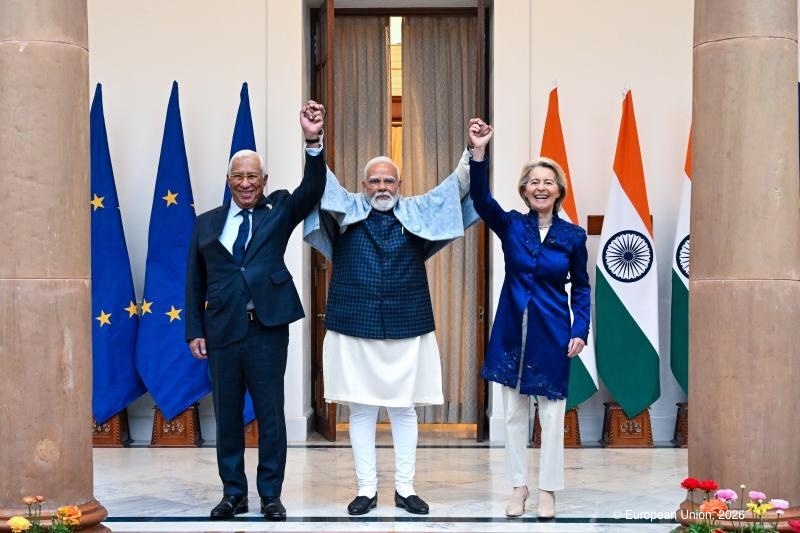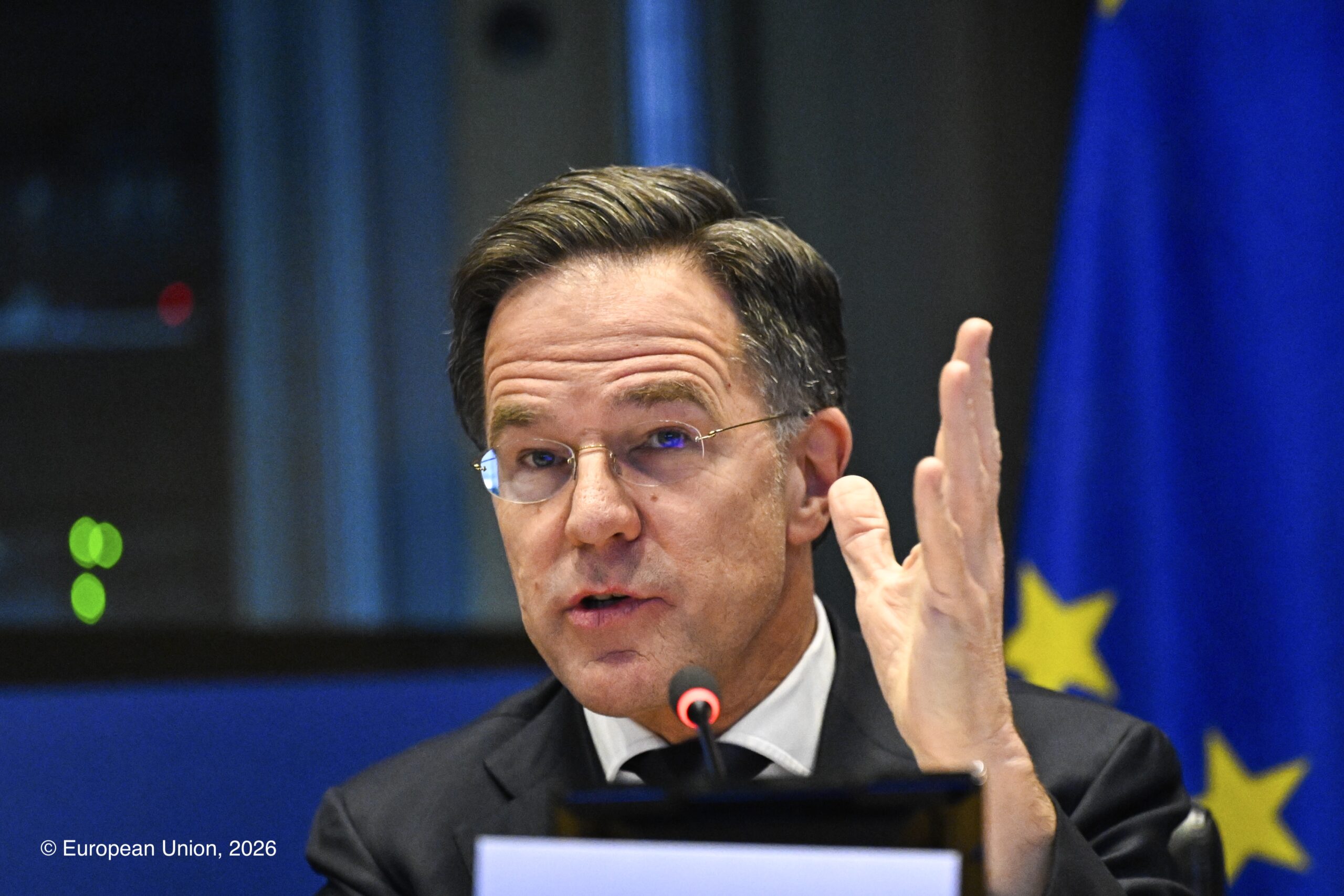The European Commission announced on Tuesday (25 March) a landmark initiative to secure the EU’s access to critical raw materials, selecting 47 Strategic Projects under the newly implemented Critical Raw Materials Act (CRMA). This initiative aims to reduce reliance on imports and strengthen the EU’s capacity to extract, process, and recycle resources vital for green technologies, defence, and digital industries.
Spanning 13 EU member states—including Germany, France, Spain, and Sweden—the projects will focus on materials such as lithium, cobalt, nickel, and graphite, essential for manufacturing chips, electric vehicle batteries, renewable energy systems, and aerospace components. The initiative is projected to attract €22.5 billion in capital investment, with streamlined permitting processes slashing approval times from up to a decade to 27 months for extraction and 15 months for other projects.
At a press briefing, Stéphane Séjourné, Executive Vice-President for Prosperity and Industrial Strategy, summarised its significance: “Europe currently depends on third countries for many of the raw materials it needs the most. We must increase our own production, diversify our external supply, and make stockpiles. Today, we have identified 47 new strategic projects that, for the first time, will help us secure our own domestic supply of raw materials. This is a landmark moment for European sovereignty as an industrial powerhouse.”
The CRMA, enacted in May 2024, sets binding targets for the EU to meet at least 10% of its annual demand through domestic extraction, 40% via processing, and 25% through recycling by 2030. By selecting these projects, the Commission is not only addressing immediate supply concerns but also contributing to the EU’s broader green and digital transitions. The strategic boost in domestic raw materials production is also expected to support vital industries such as defence and semiconductors, further cementing the EU’s role as a global industrial leader.
The projects have been carefully selected based on their potential to contribute significantly to the Union’s strategic raw material supply. They meet stringent environmental, social and governance criteria, ensuring that progress in this sector does not come at the expense of sustainability or public welfare. In addition to streamlined permitting, the projects will benefit from easier access to finance and stronger connections with industry stakeholders, enhancing their viability and overall impact.
Conclusions
This decisive action marks a significant milestone in the EU’s broader push to prioritise domestic supply chains and mitigate geopolitical risks while advancing its climate goals. As global competition for materials intensifies, the EU aims to couple industrial resilience with sustainable growth and achieve autosufficiency. This balancing act is critical for maintaining its competitive edge and long-term industrial sovereignty as it steers the continent towards a greener future.

